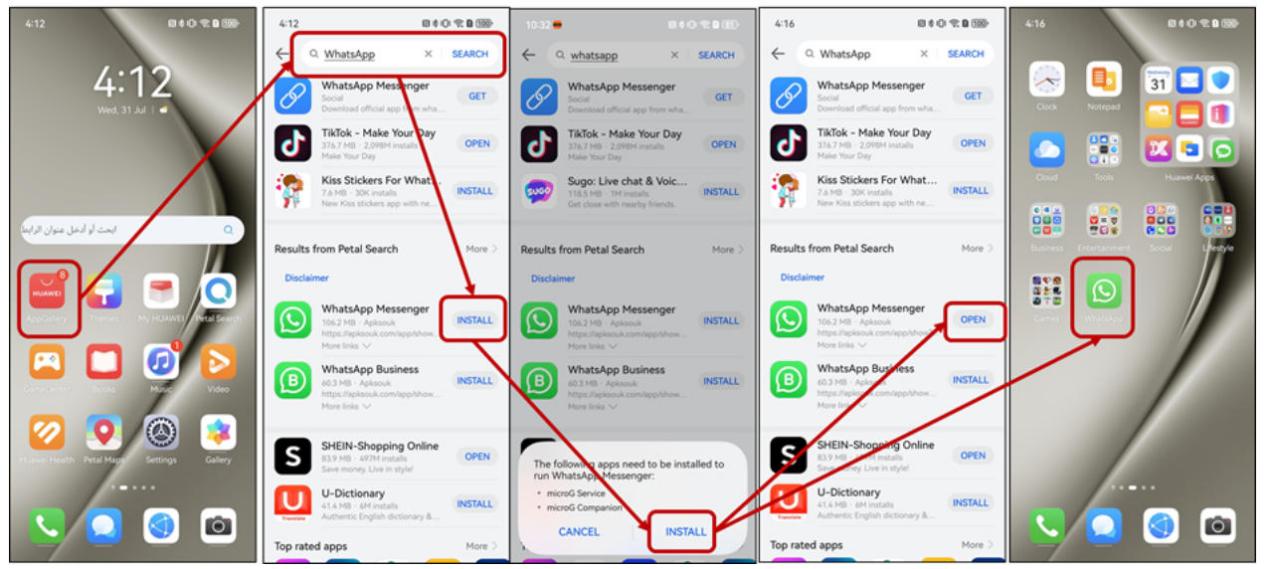Why You Should Regularly Update Your Phone Apps
Smartphones have become essential tools in our daily lives, handling everything from banking to social connections. Yet many users ignore the frequent update notifications that appear, unaware of the critical benefits they provide. App updates do much more than just change icons or rearrange menus - they serve as vital maintenance for your digital security and functionality. Each update carries important improvements that protect your data, enhance performance, and unlock new capabilities. In this article, we'll explore seven compelling reasons why regularly updating your apps should become as habitual as charging your phone.

1. Security Enhancements & Vulnerability Fixes
How Hackers Exploit Outdated Apps
Cybercriminals constantly search for security flaws in popular apps, and developers race to patch these vulnerabilities through updates. When you postpone updates, you leave these doors unlocked for potential attacks. Older app versions may contain known security holes that allow data theft, unauthorized access, or even complete device takeover. Financial apps are particularly vulnerable, with hackers targeting outdated banking applications to steal login credentials. Messaging apps like WhatsApp frequently release security updates that encrypt conversations more effectively, which is why knowing how to update whatsapp on huawei properly is so important for maintaining private communications.

2. Access to New Features & Improvements
App developers continuously refine their products based on user feedback and technological advancements. Regular updates bring these improvements directly to your device, often transforming how you use the app. These enhancements frequently make apps more intuitive and enjoyable to use. For instance, messaging apps often introduce quality-of-life improvements like better file sharing or more expressive emoji packs in their updates.
3. Better Performance & Bug Fixes
Nothing frustrates more than a slow, glitchy app that freezes at crucial moments. Updates frequently include optimizations that make apps run smoother and more reliably. Developers analyze performance data to identify memory leaks, battery drains, and other inefficiencies, then release updates to address these issues. You might notice an app that previously took three seconds to open now launches instantly after an update.
4. Improved Compatibility With Your OS
Why New Android Versions Need Updated Apps
Mobile operating systems evolve constantly, and apps must adapt to these changes. When you update your device's OS but neglect app updates, you risk compatibility issues that can cause crashes or malfunctioning features. New Android versions often change how apps interact with system resources, requiring developers to adjust their code. Huawei's HarmonyOS similarly benefits from app updates optimized for its unique architecture. Using outdated apps on a new OS version might lead to missing functionality or even security risks as the app struggles to operate in an environment it wasn't designed for.
Consequences of Using Incompatible Apps
The risks of compatibility issues range from minor annoyances to complete app failure. You might find certain features no longer work, or the app crashes whenever you attempt specific actions. In severe cases, outdated apps can cause system instability or data corruption. Payment apps are particularly sensitive to compatibility problems, potentially leaving you unable to complete transactions when you need to most. Regular updates ensure all components work harmoniously, maintaining the seamless experience you expect from your smartphone.
5. Battery Optimization & Energy Efficiency
Modern app updates frequently include power-saving improvements that can noticeably extend your battery life. Developers refine how apps use location services, background refresh, and other battery-intensive functions. A social media app might update to download content more efficiently, or a navigation app could optimize how often it accesses GPS. These subtle tweaks accumulate, potentially adding hours to your device's usage time between charges.
6. Compliance With App Store Requirements
App stores increasingly enforce minimum version requirements to ensure user security and experience quality. Developers must maintain their apps or risk removal from the store entirely. If you ignore updates for too long, you might find yourself unable to reinstall an app after changing devices because only newer versions remain available. Staying current ensures uninterrupted access to your essential apps and services, preventing frustrating situations where you suddenly can't use an app you rely on daily.
7. Preparing for Future Technologies
App updates often include groundwork for emerging technologies before they become mainstream. Augmented reality features, 5G optimizations, and foldable display support typically arrive through routine updates rather than new app installations. By keeping your apps updated, you ensure your device is ready to take full advantage of these advancements as they become available.
Conclusion
Regular app updates represent one of the simplest yet most effective ways to maintain your smartphone's security, performance, and functionality. The few minutes spent updating can prevent hours of frustration from bugs, crashes, or security issues. Enable automatic updates where possible, and make a weekly habit of checking for any remaining updates manually. Treat app updates like routine maintenance for your digital life - small, regular investments that pay off in smoother, safer, and more enjoyable smartphone experiences every day.
